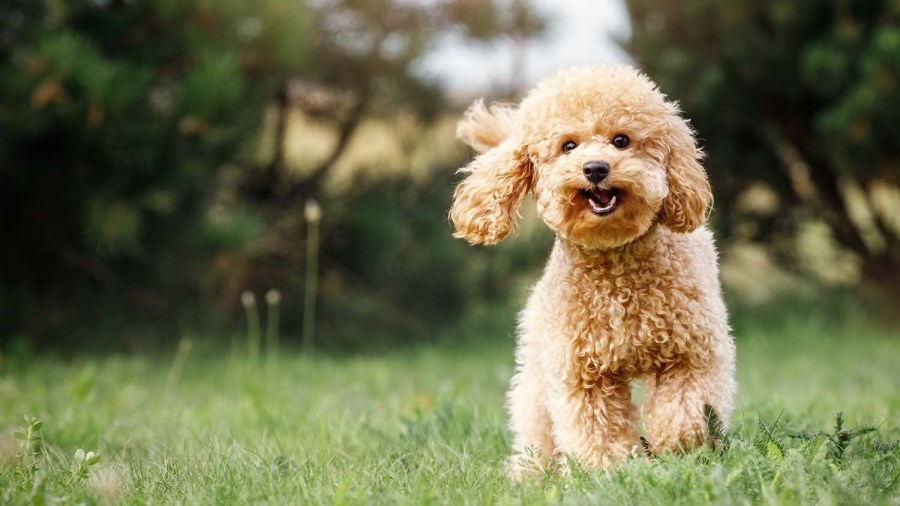Understanding Virginia’s Pet Laws: What Every Owner Should Know
If you’re a pet owner in Virginia, it’s essential to understand the laws and regulations that govern pet ownership. From leash laws to housing rules, these guidelines are designed to ensure the safety of both animals and people. While some rules apply statewide, others vary by local jurisdiction, making it important to know what applies in your area.
Leash Laws in Virginia
Virginia does not have a statewide leash law, which means that the responsibility for enforcing leash requirements falls on local governments. Many counties and cities have their own leash laws, which may require dogs to be on a leash or otherwise restrained when in public spaces. In some cases, localities may hold non-binding public referendums to gauge community opinion, but this is not mandatory. It’s crucial for pet owners to check their local ordinances to ensure compliance with leash laws in their area.
Commercial Dog Breeding Regulations
While Virginia does not impose breed-specific restrictions on dog ownership, there are specific regulations for commercial dog breeders. These rules are outlined in the Code of Virginia and include:
- Maintaining no more than 50 dogs over the age of one year for breeding purposes. Local ordinances may allow for a higher number after a public hearing.
- Breeding female dogs only after they have reached 18 months of age, are certified as healthy by a licensed veterinarian, and are under the age of 8 years.
- Disposing of dogs through gift, sale, transfer, barter, or euthanasia by a licensed veterinarian.
- Properly disposing of deceased dogs in accordance with state and federal laws.
- Managing dog waste according to applicable laws and regulations.
- Keeping detailed records for at least five years, including information about each animal, medical history, and disposition.
These regulations aim to ensure responsible breeding practices and protect the well-being of dogs.
Dangerous or Vicious Dog Laws
Virginia has specific laws regarding dangerous or vicious dogs, which are determined by a dog’s behavior rather than its breed. If a dog injures a person or another animal, it may be classified as a “dangerous dog” and subject to additional requirements, such as registration, containment, and insurance.
The law distinguishes between “dangerous” dogs (those that injure a domestic animal or cause injury to a person) and “vicious” dogs (those that cause serious injury or death to a person). Owners of dangerous dogs must take precautions, such as muzzling their pets in public, obtaining a dangerous dog tag, and providing proof of liability insurance or a bond. Warning signs must also be posted to inform the public of the potential risk.
Housing Rules for Pet Owners
Landlords in Virginia have the right to establish pet policies for their rental properties, including whether to allow pets and any associated fees. However, under both Virginia and federal law, landlords must make reasonable accommodations for tenants with disabilities who require assistance animals.
Emotional support animals (ESAs) may be allowed if the tenant provides proper documentation from a licensed healthcare provider. This could include waiving pet fees or breed restrictions. However, tenants are still responsible for any damage caused by their animals. The Virginia Department of Professional and Occupational Regulation (VDOR) states that assistance animals can be of any size, breed, or weight, provided they do not pose a threat to other residents or property.
If a tenant fails to comply with the rules governing assistance animals, the landlord may issue a 21-30 day notice to correct the behavior. Failure to comply could result in the removal of the animal from the property.
Animal Control Penalties and Enforcement
Violations of leash laws or dangerous dog statutes can lead to fines, impoundment, or even court orders. Individuals found guilty of misdemeanor animal cruelty may face bans from owning animals for up to five years, while those convicted of more severe offenses could be banned for life.
Owners are also responsible for covering costs related to injuries or harm caused by their animals. They can be held liable in both civil and criminal courts if their pets cause injury or death. In extreme cases, a court may order the euthanasia of a dangerous dog if it poses a significant threat to public safety.
Animal control officers, deputy animal control officers, and humane investigators are responsible for enforcing these laws. Their role is critical in ensuring that all pet owners follow the regulations designed to protect both animals and the community.






